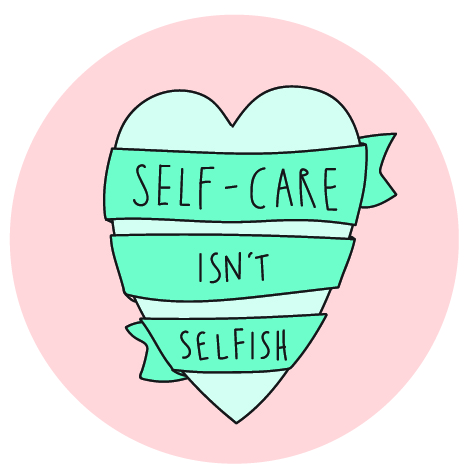Self-Care and Team-Care: Maintaining Well-Being, Energy, and Mental Health

This year is hard. Really, really hard. It’s been hard on you and it’s been hard on your team. And yet, because of the young lives at stake in our work, we must carry on. How we approach our commitment to our students will determine whether we are successful now and whether we can continue over the long haul. That’s why last month our Chief Talent Officer cohort reflected on our own self-care and on how we care for our teams. We’re sharing a few of the ideas that came from that session in the hopes that others will lead with self-care and team-care.
- Defining Stress vs Burnout:. Stress is the brain and body’s response to challenges requiring an emotional, physical or mental response. Burnout is the feeling of energy depletion or exhaustion; increased mental distance from one’s job, or feelings of negativism or cynicism related to one’s job; and reduced professional efficacy. Too much stress can lead to burnout. We can’t eliminate stress from our lives, but we can work on how we respond to stress so we can avoid burnout.
- Self-Care: Self-care drives well-being which drives engagement. Self-care means really different things to different people, but is ultimately about prioritizing your individual needs.. The old saying of putting on your own oxygen mask first continues to ring true. First ensuring you have the necessary rest, healthy food, exercise, laughter, and emotional fulfillment will enable you to lead your team to do the same.
- Team Leadership Around Self-Care: A leader who models self-care in their own life and encourages it in others will have a healthier and happier team. While self-care truly is about the self, there are key actions a leader can take to improve the lives of their team and to reduce burnout. So what is it that a leader can control? Below are a few examples our cohort members are putting into action:
- What they model
- Giving themselves time off from work with activities that fuel them to do the tough work AND explicitly sharing why they are taking time off
- Planning ahead for something to look forward to and sharing plans with the team as a model to others (for example: a trip, an event, a home renovation, a competitive race, etc.)
- What they expect
- Creating and maintaining a clear culture of not working on the weekends
- Asking the team to share when their vacation days are planned to ensure team members are taking the time off they need and deserve
- Identifying what can be dialed back, what work is truly essential work and what is not, or “what balls are glass and which are plastic?”
- Identifying who can take on more to free up time for folks directly serving students; for example, ensuring the central office is taking as much work as possible off the plates of principals, school leaders are taking as much work as possible off the plates of teachers, etc.
- Scheduling a weekly asynchronous day for students so the team can focus on planning and working with their teammates
- Explicitly asking the team about their childcare situation and what they will need to be successful, and providing accommodations as are feasible
- What norms/culture they create
- Celebrating effectiveness, even when the work is difficult. This is not about expecting perfection, or holding one staff person up at the expense of another – but about ensuring that staff feel effective in their jobs, especially when the work is more complex or demanding than in pre-pandemic times
- Starting meetings with a “mood meter” to allow people to share feelings (and then asking if they want to shift or stay where they are)
- Implementing a sunshine committee to celebrate life events
- Hosting remote games nights and other social events with the team (and sometimes with their families)
- Creating optional Monday community space on Zoom to provide staff the opportunity to connect with others
- What they provide
- Early end of day on Fridays
- Financial literacy webinars for staff
- Food, care packages, gift cards, pop-in massages (pre-Covid)
- Access to meditation apps such as Headspace
- Having a doctor come to school/office for flu shots
What have you done to support your own self-care and to support your team in their self-care? What impact have you seen?
